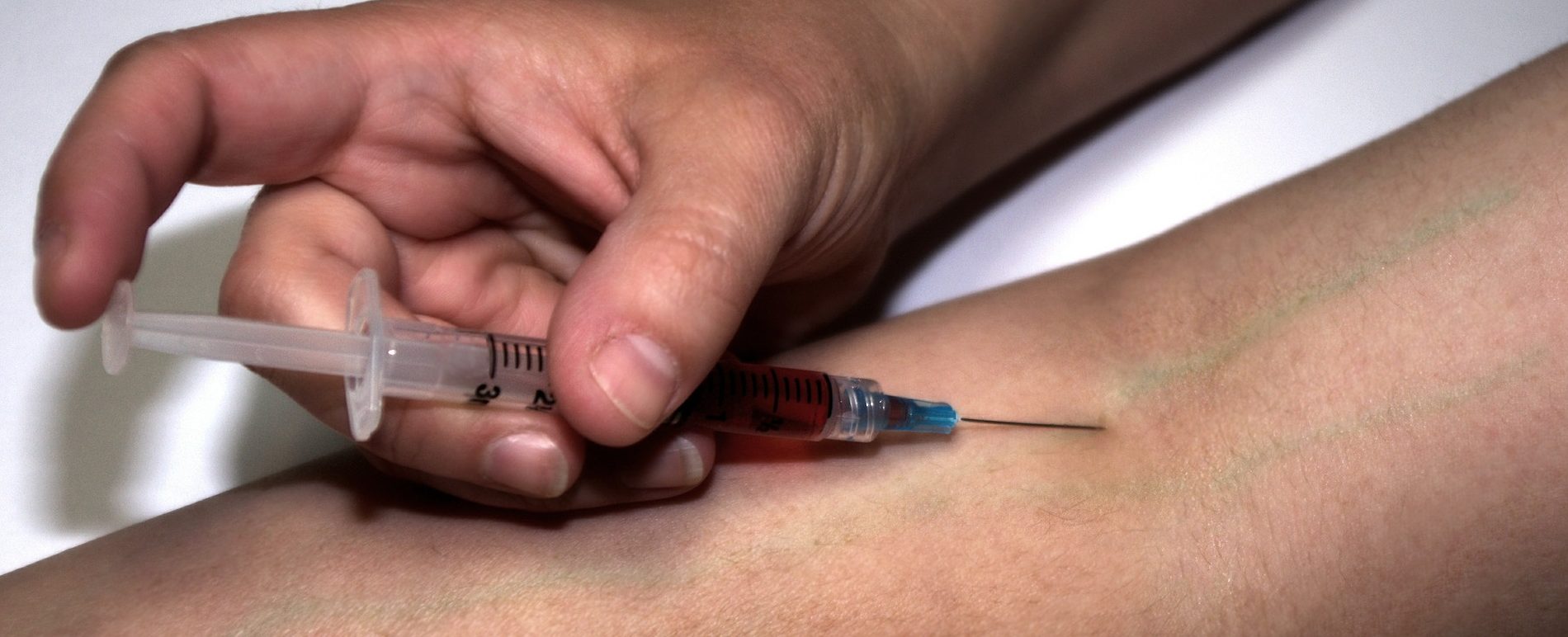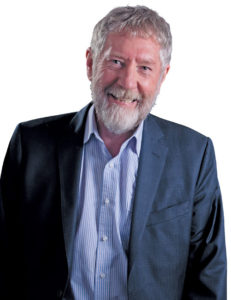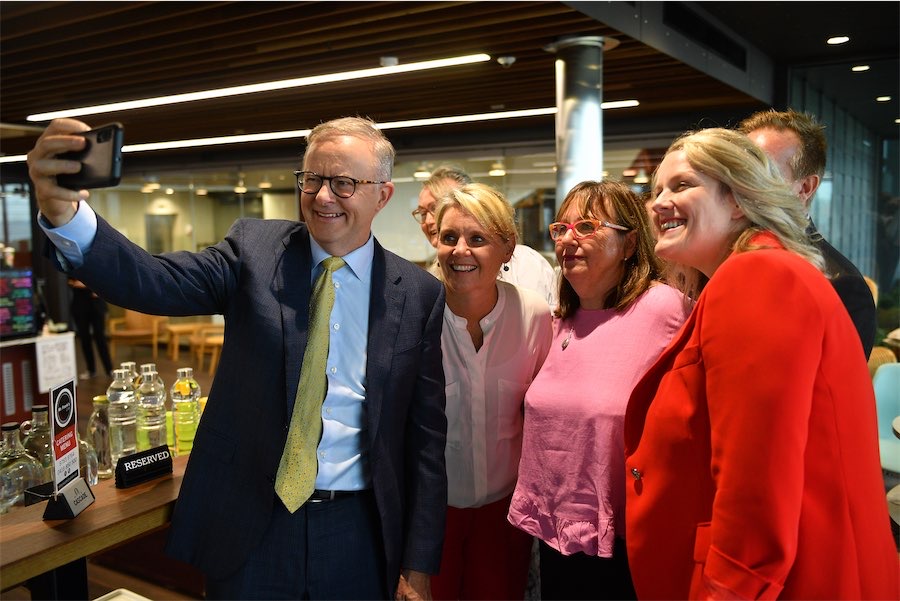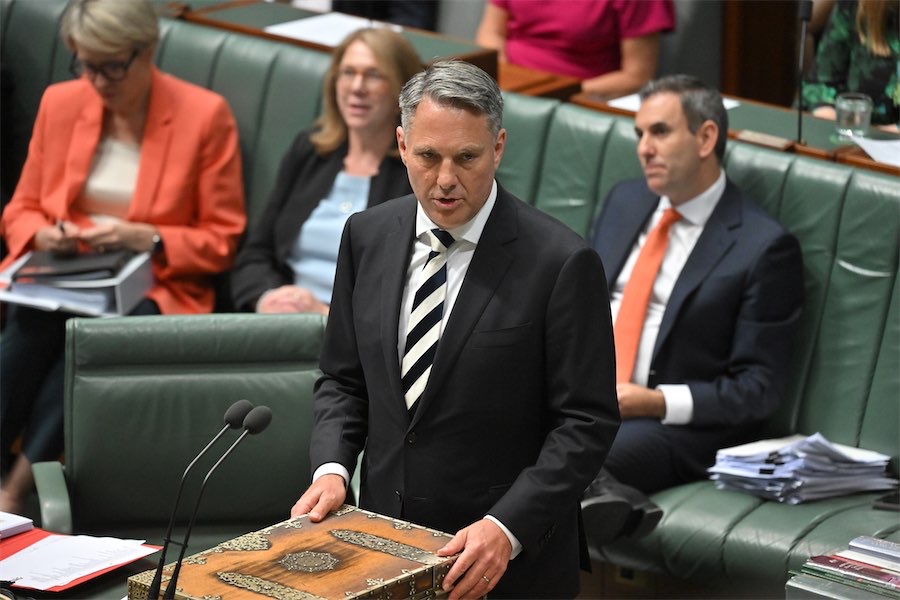
“We will never know how many lives have been lost through the lack of a supervised injecting facility. However, there is now an opportunity to proceed,” writes political columnist MICHAEL MOORE.
IT is more than 20 years since legislation came into effect that allowed the establishment of an ACT supervised injecting facility, but establishing such a facility has been put on the back burner by successive Labor governments.

Things are ready to progress. Health Minister Rachel Stephen-Smith outlined the government’s approach in late March.
“The ACT is leading the nation with drug and alcohol policies that reflect our approach to harm minimisation,” she said.
“We will continue to invest in evidence-based and practice-informed harm minimisation responses to the use of alcohol, tobacco and illicit drugs”.
The ACT was leading the nation with such drug and alcohol policies when then-Liberal chief minister Kate Carnell persuaded the Ministerial Council on Drug Strategy to support an injecting room that also provided heroin to dependent users.
The support for the ACT Heroin Trial may have been scuttled by John Howard, under huge pressure from the Murdoch media, but planning for the scheme changed the debate on illicit drugs. It helped set the groundwork for the establishment of the first safe injecting rooms in Sydney’s Kings Cross.
Credit is due to Ms Stephen-Smith for commissioning the feasibility work as a part of the ongoing implementation of the ACT Drug Strategy Action Plan 2018-2021.
However, there is significant risk of further delay. As the minister pointed out a month ago, “additional scoping work will be required before a decision is made on whether to proceed with a drug-consumption room in the ACT, including community consultation, an assessment of the existing legislative framework and further development of an appropriate model”.
Since self-government in 1989 the ACT has been innovative in dealing with licit and illicit drug policy. A hallmark of the success has been a largely bipartisan approach – that only lapsed with recent Liberal oppositions. It is to be hoped that under the leadership of Elizabeth Lee a less conservative approach will allow the adoption of such policies.
The Drug Strategy Action Plan is consistent with the National Drug Strategy that has been adopted by the federal Liberal government and supported by all Australian jurisdictions. It seeks to minimise all harms associated with licit and illicit drugs based on the triple concepts of supply reduction, demand reduction and harm reduction.
Under the Drug Strategy Action Plan, the ACT government has already made considerable advances in drug policy with the minister arguing, “this gives us a strong base from which to consider further harm-minimisation measures” including action “to reduce drug overdose deaths, such as Australia’s first take-home naloxone program”.
Effective drug policy is often counter-intuitive. For this reason, the arguments of the prohibitionists have populist appeal. However, such policies simply do not work. The most effective path is sometimes referred to as “the Goldilocks solution”; not too hot, not too cold.
Free marketing of drugs increases harm – as illustrated with tobacco and alcohol. On the other hand, prohibition increases harm – as illustrated with ice, the opioids and party drugs.
The mayor of Lethbridge, in Southern Alberta, Canada, has successfully established and run a supervised injecting facility despite the concern of the ultra-conservative provincial government.
The model has a full range of back-up and support services. In an area considered seriously “redneck” by many, Mayor Chris Spearman (who is a personal friend) has been able to save hundreds of lives through his courage and determination.
Canberra could have taken this action two decades ago. We will never know how many lives have been lost through the lack of such a facility. However, there is now an opportunity to proceed and it is encouraging that the Health Minister is prepared to stand up for another progressive approach in dealing with illicit drugs.
Ideally, the ACT Legislative Assembly, as a whole, will support this measure. The Liberals might even decide, as they once did, to provide some leadership in drug policy.
Michael Moore is a former member of the ACT Legislative Assembly and an independent minister for health. He has been a political columnist with “CityNews” since 2006.
Who can be trusted?
In a world of spin and confusion, there’s never been a more important time to support independent journalism in Canberra.
If you trust our work online and want to enforce the power of independent voices, I invite you to make a small contribution.
Every dollar of support is invested back into our journalism to help keep citynews.com.au strong and free.
Thank you,
Ian Meikle, editor





Leave a Reply